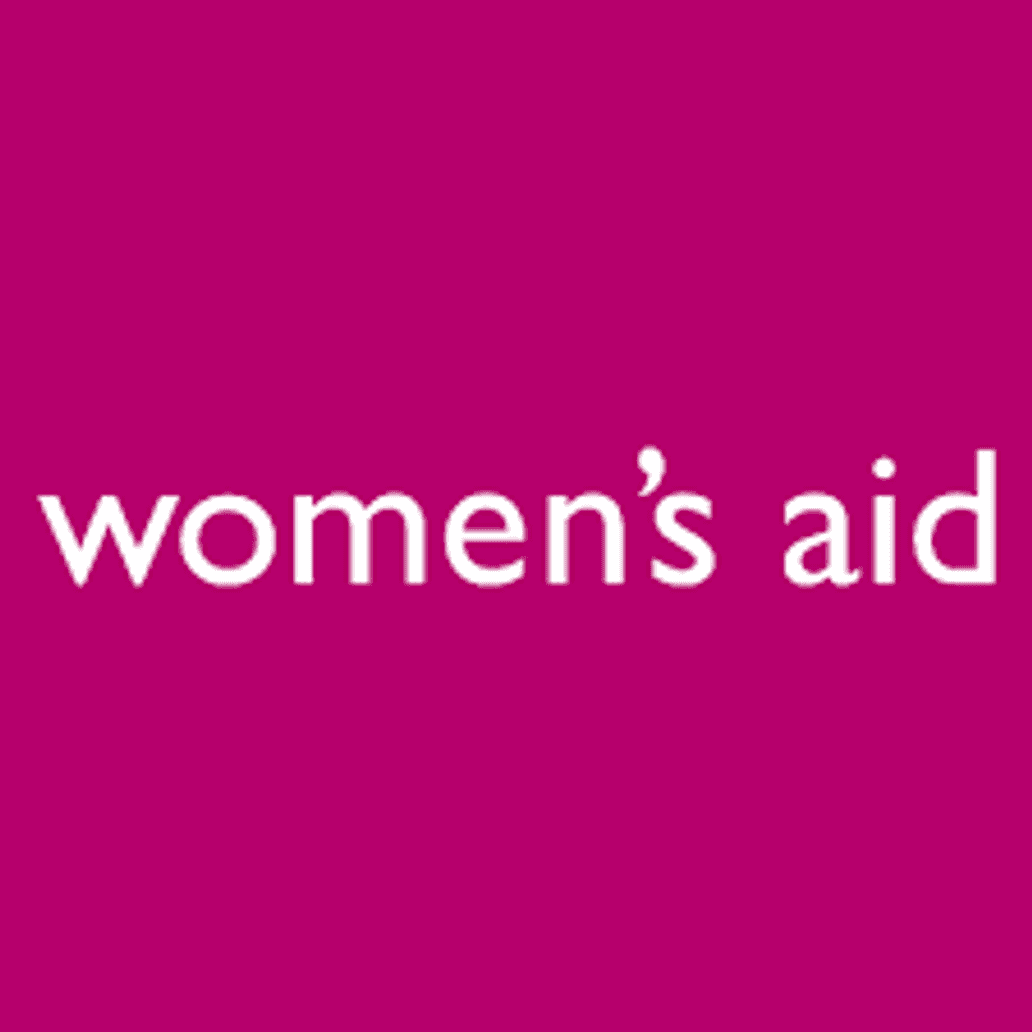February 2019 Blog - The Domestic Abuse Bill – It Must Have All Survivors at its Heart
Almost two years after it was included in the Queen’s speech, the Government have published their draft Domestic Abuse Bill.
14 Feb 2019
By Sophie Francis-Cansfield, Campaigns and Public Affairs Officer, Women’s Aid Federation of England
Almost two years after it was included in the Queen’s speech, the Government have published their draft Domestic Abuse Bill. During a parliament where Brexit dominates, it’s great to have a piece of legislation, and accompanying package of non-legislative measures, that has the potential to change the national response to tackling domestic abuse.
There are some key proposals of note in the Bill, such as defining domestic abuse in law for the first time. The Bill includes a guarantee of secure lifetime tenancies for survivors who are forced to flee, will establish a Domestic Abuse Commissioner, and enable certain offences committed by British citizens anywhere in the world to be prosecuted in UK courts.
It’s also clear that the Government have listened to our survivor ambassadors, like Claire Throssell, and Women’s Aid’s Child First campaign and introduced a ban on perpetrators cross-examining their victims in the family courts. For the survivors we work with, this is a huge win.
However we know that as it stands, the Bill fails to offer vital protections and support to all survivors.
In the Bill consultation response it’s stated that concerns have been heard about particularly marginalised groups, including black and minority ethnic (BME) women, LGBT women and disabled women. There are certain measures that hint to this, such as the proposed Domestic Abuse Commissioner being required to have a specific focus on the needs of survivors from minority or marginalised group. However there is no mention of older women or the Gypsy, Roma, Traveller Community, which has been a priority for us and the All-Party Parliamentary Group on Domestic Violence and Abuse which Women’s Aid supports.
These small tokens do not indicate that concerns have been heard. We are clear that the draft Domestic Abuse Bill must ensure all survivors have full and equal access to the specialist support they need, have access to a welfare safety net and have the ability to move on with their lives.
And we do have the opportunity to secure this.
The Bill is still in a draft format and will go through ‘pre-legislative scrutiny’ – which just means the Bill will be examined in detail by a joint committee made up of members of both the Commons and Lords. We can ask the committee members to push key areas that the Bill currently lacks, and this will be supported by the evidence that invited charities and organisations will give to the committee. Even once the Bill has been introduced into Parliament, which is likely to be towards the end of 2019, we can work with MPs on tabling amendments to improve the Bill for all survivors.
So the draft Domestic Abuse Bill is a welcome start, but it’s the wider opportunity that the legislation brings and the further chances to shape the final product that gives hope to ensuring that all survivors will be put at the heart.